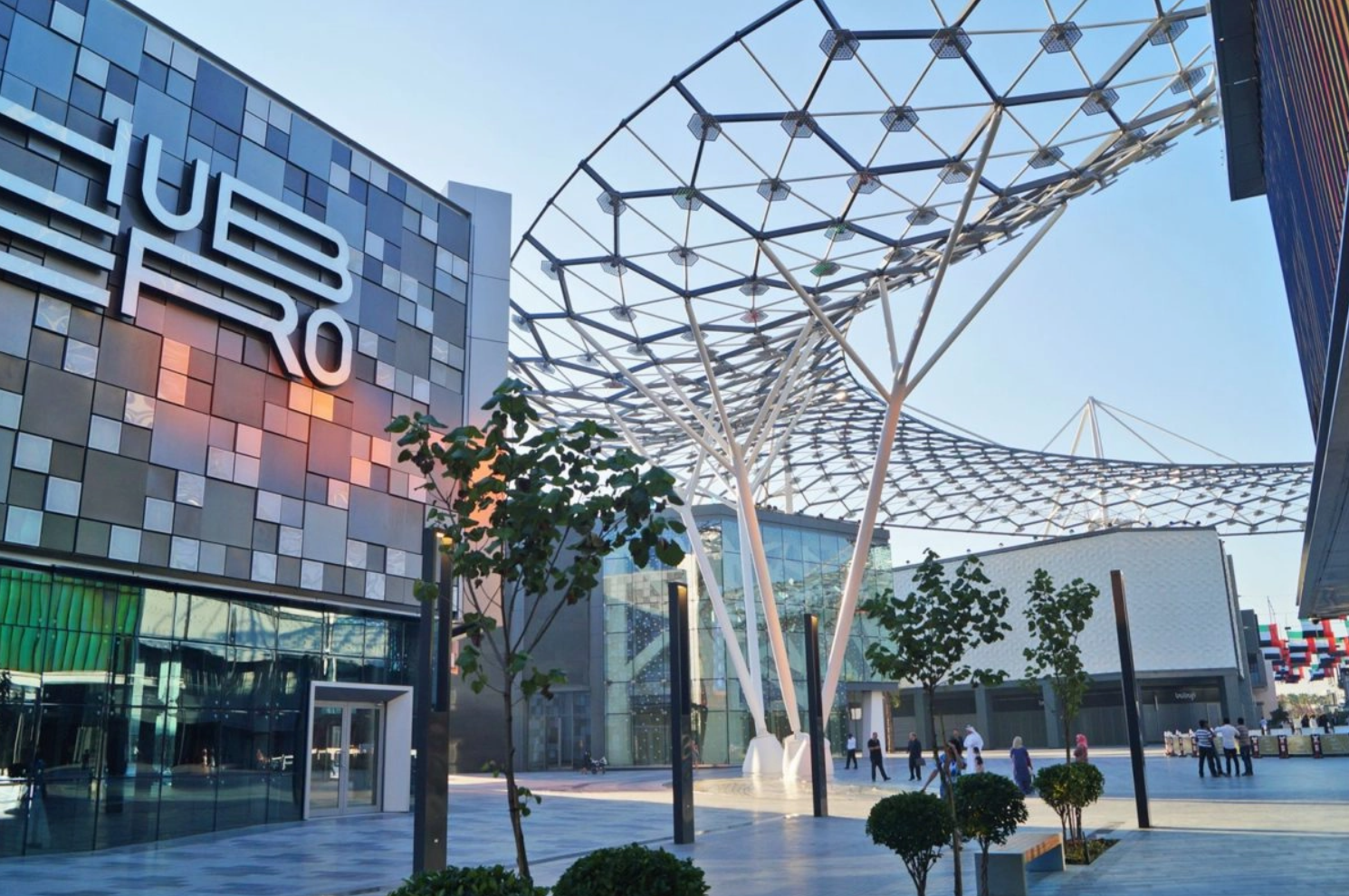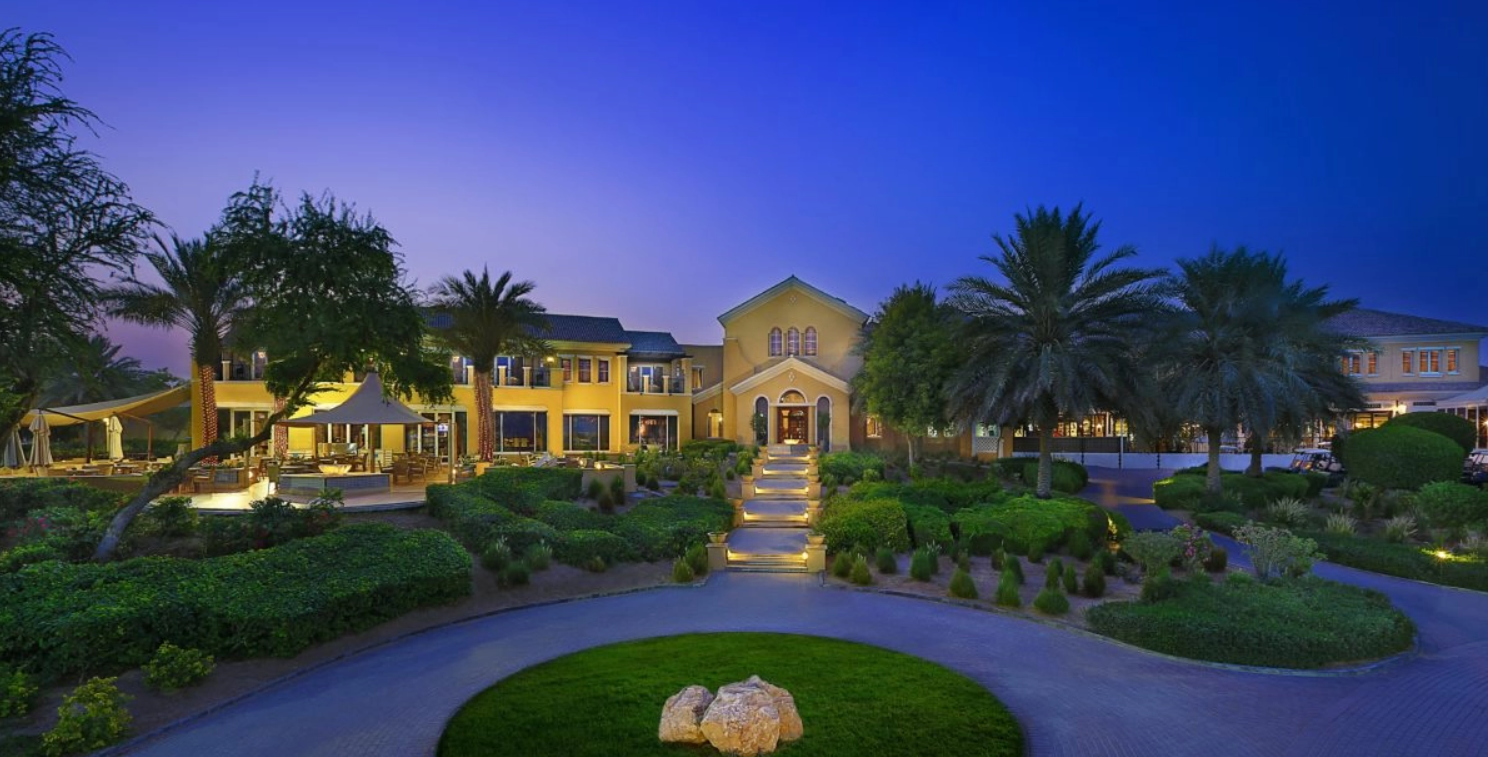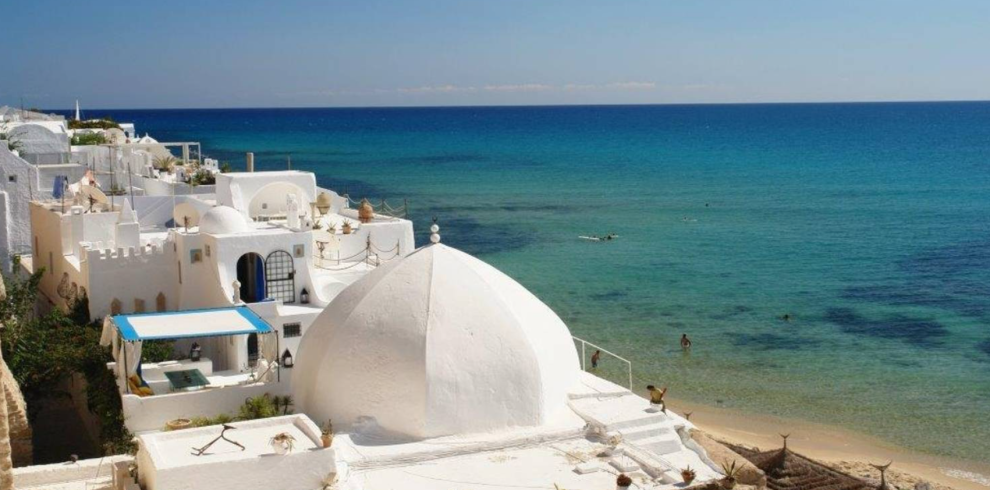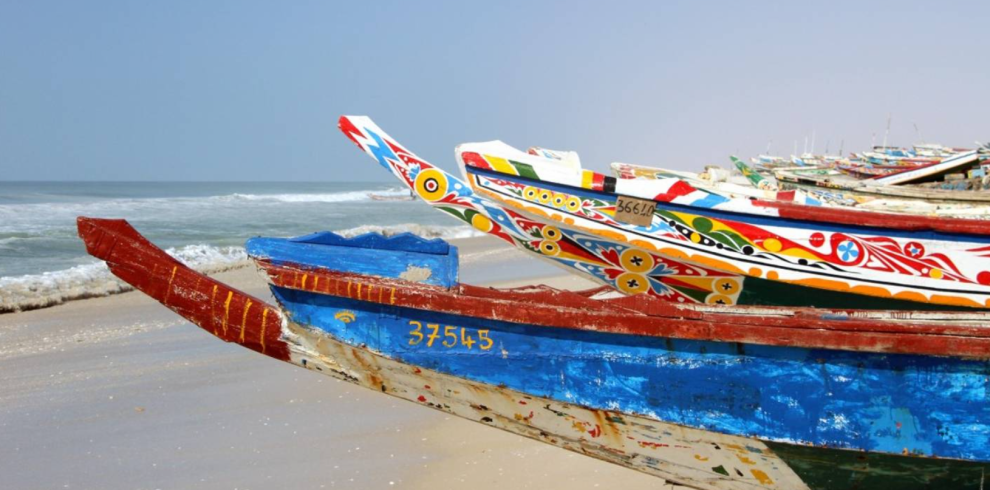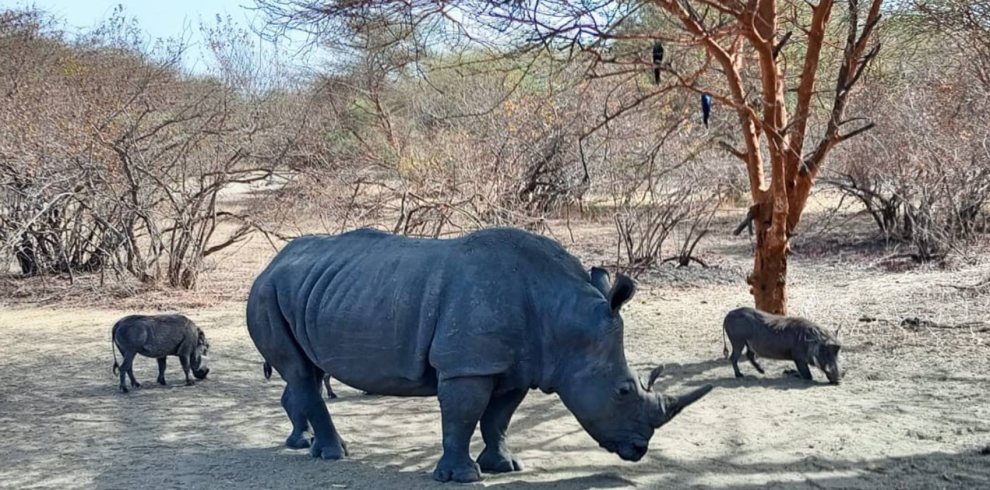The word staggering comes to mind when you think of South Africa. Here, a formidable yet beautiful land plays host to exciting cities, wild coasts, captivating landscapes and wildlife sightings you would be hard-pressed to forget. It’s one massive playground for thrill seekers, outdoor lovers and even urbanites who enjoy their modern luxuries. One thing is for sure: you’ll never want to leave.
The Highlights

Garden Route
It’s impossible not to fall in love with the Garden Route, the 300-kilometre legendary stretch where rugged, flora-carpeted cliffs meet the thunderous ocean, lagoons and lofty perches with the dreamiest views. Watch marine animals in action, hit the surf in Victoria Bay and squeeze in some ziplining in Tsitsikamma. Afterwards, watch the setting sun paint the landscape gold.
Addo Elephant National Park
One of the country’s Holy Trinity of national parks, Addo Elephant National Park is an essential stop on any South African holiday. It’s home to untold species of plants, several of which are endemic, and animals including black rhinos and buffaloes, drawing visitors from all over the world. Yet there’s one beloved animal that takes centre stage. Here, elephants are the kings of the jungle.


Oudtshoorn
Don’t let the town of Oudtshoorn fool you as it’s got a few aces up its sleeves. Not only is it the ostrich capital of the world, which only means many opportunities for encounters with the freaky-looking birds. It’s also home to Cango Caves and the Cango Endangered Wildlife Ranch where you might pet a cheetah or go cage diving in crocodile-infested waters.
Cape Town
Very few major cities could leave travellers astonished as Cape Town. The South African capital, adorned by the iconic peaks of Table Mountain National Park and the blue-green waves of the South Atlantic, has it all: wine, food, architecture, art and culture, history, beaches, hikes and even caves. What more could you ask for?
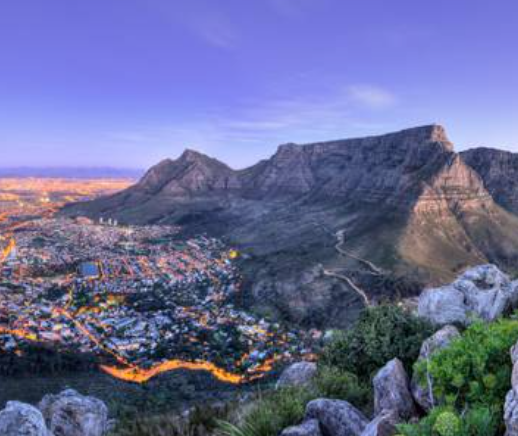

Johannesburg
It’s hard to find fault in Johannesburg, with its busy city skyline, easy-going vibe, and rapidly developing neighbourhoods. It’s got ways to go, but that’s exactly why it’s a must visit as it currently sits on the precipice of an urban overhaul. There are a few attractions to visit here, but the most important of all is the Apartheid Museum and the Mandela House.
Augrabies Falls National Park
You never know what you’ll get at Augrabies Falls. On drier days, there are only a couple of waterfalls. During the wetter season, however, the “place of big noises” is spectacular, flowing at several overhangs and thundering, giving a whole new meaning to the phrase “when it rains, it pours.” Whatever you get, it’s impressive. As a perk, you might even spot some wildlife roaming about.

Contact Klub Advisor for personalised travel offers, dates, prices & payment options. Find out the latest travel requirements for your trip. Send your enquiry via the form below. If you’re club member, click on the icon in the right-hand corner and write to WhatsApp to start a discussion.
The Location
South Africa is an African country with Namibia, Botswana, Zimbabwe and Mozambique bordering it to the north. It’s a 22h 38m flight with a layover from New York, and an 11h 5m nonstop flight from London.
Capital City
The coastal and port city of Cape Town serves as South Africa’s capital. It’s renowned for its beauty as well as its glistening coast and wine country.
Main Airport
The O.R. Tambo International Airport is South Africa’s busiest airport and one of its main hubs for international arrivals. It sits right outside Johannesburg, only 20 kilometres from the city. CODE: JNB; CLOSEST CITY: JOHANNESBURG.
Language Spoken
The official languages of South Africa are Afrikaans, English, Ndebele, Northern Sotho, Sotho, Swazi, Tsonga, Tswana, Venda, Xhosa and Zulu. English is one of the most common languages understood and spoken in the country.
Currency
South Africa uses the South African Rand. The currency code is ZAR. It is advisable to take some rands with you as well as obtain a prepaid Unique Rand Card during your visit. There are, however, ATMs everywhere, even in the more rural areas.
Visas
Citizens of 48 countries and territories including Australia, Canada, the US and the United Kingdom may travel to South Africa for up to 90 days without a visa, while citizens of other nations may travel up to 30 days visa-free.
Electricity
Electrical current is 220/230V 50Hz using a round three-pin plug. Before you go, be sure to check if you require an adapter and a converter.
Vaccinations
The following vaccines are recommended before your visit: Yellow Fever, Typhoid, Hepatitis A, Hepatitis B and Rabies. The risk for Malaria, Dengue and Chikungunya is high so take the necessary precautions.
Emergency Calls
For the national emergency response, call 10111, and for the ambulance, call 10177. For cell phone emergencies, call 112.
When to Visit
Peak Season
DECEMBER TO FEBRUARY; JULY TO OCTOBER
As South Africa is a big country and a mostly year-round destination, it’s hard to determine its peak season. We guess you can say it’s got several. The summer months from December through February are excellent for explorations and wine tastings in the Cape, the Garden Route and Karoo. The winter and spring months from July through October, on the other hand, are a great time for whale watching, shark viewing and safaris in the north. Festivals abound during these months: Knysna Oyster Festival in July and Hermanus Whale Festival in September are great examples.
Low Season
MAY, OCTOBER AND NOVEMBER
There is honestly no low season in South Africa. In the summer months, the southern region is in full swing and the rainy north attracts the bird watching enthusiasts. In the spring and winter months, the northern region attracts the big game viewing set while the coast also draws the whale and shark watching crowds. To score cheaper rates and rub elbows with fewer travellers, the “shoulder months” of May, October and November are excellent alternatives. Visit in November when you might catch the tail end of the whale, shark and wildflower seasons as well as catch the Ficksburg Cherry Festival while enjoying warmer temperatures.


